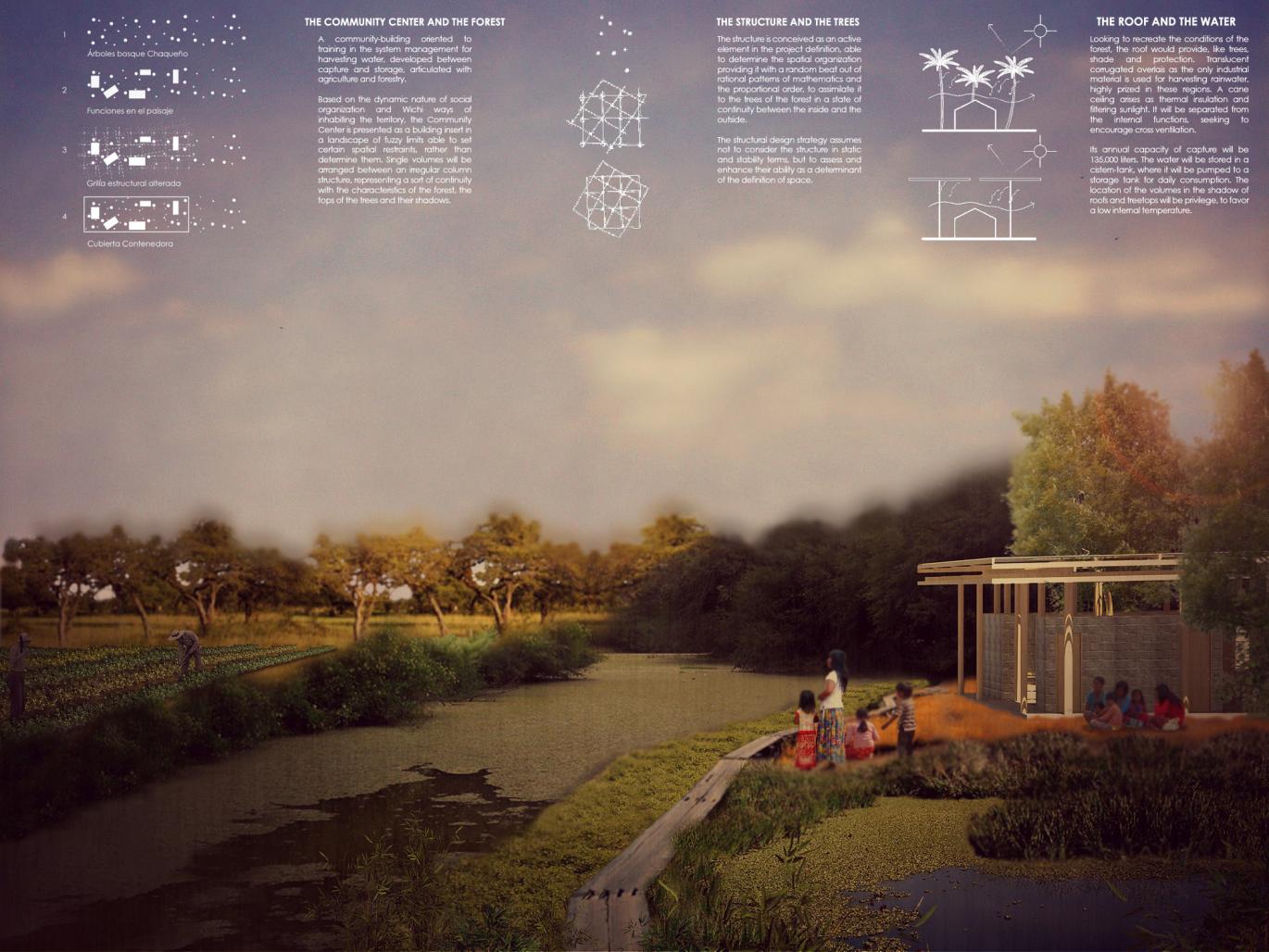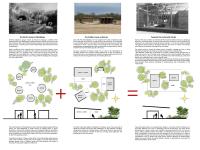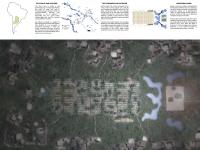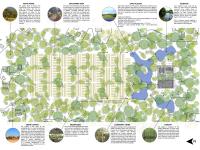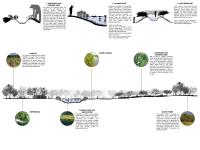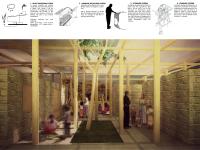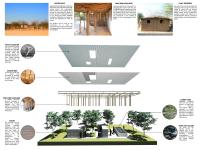The Chaco is one of the most biodiverse regions of Latin America. While forests are abundant in resources, its people live immersed in scarcity motivated by the advance of the agricultural frontier. The project to build a Center for Water Harvesting and Agricultural Production (Wichi community of Fwichuk Lhase - Formosa, Argentina), seeks to restore the balance of rural communities with the forest and its resources.
Until the early XXth century, the people of the Chaco lived moving regularly and cyclically over a territory they regarded as their own. The entire environment they use and circulate through along an annual cycle, was definitely a great living space in which they migrate following a pattern of stays related to supply points and the availability of water associated with summer rainfall. Contact with industrial society and changing borders by land speculation for agriculture and logging, represented significant changes in the ways of living for communities of the Chaco forest, forcing adaptation to new forms of sedentary survival.
Based on the new conditions that impede mobility for resources, we propose building a Center for Water Harvesting and Agricultural Production based on a self-production system for storage water during periods of summer rainfall for later use in agriculture during the dry seasons of winter. It will comprise a rain-water collection-surface suitable for agriculture (Community Garden), which will lead by runoff into a storage tank (Tajamar Lung). From there the water is pumped to a second large pond (Tajamar Reservoir), so as to water the system by natural pressure during times of drought.
This work seeks to address vernacular construction practices of farmers knowledge, overcoming the objetual condition of these structures to assign them to a larger scale, capable of linking the living space in relation to the geographical landscape, its logic of productive appropriation, technologies adapted to available resources and the symbolic aspects that inserted them into a web of cultural meanings.
2014
2015
The Center will be relevant to the culture and resources of the territory, the natural energies available, the needs of its inhabitants, and appropriate technologies to these variants will result in a set that can sustain itself without external supplies. Its construction will be managed by the community itself, as a form of empowerment of the building, revaluation of traditional building techniques and knowledge transfer to future generation.
Its ability to adapt to different scales, from the household to the urban, this project provides the ability of replicability as to contribute to the development of the Chaco forest communities, strengthening the roots of rural populations with their environment.
XhARA (Joaquin Trillo y Damian Fernandez), Red Comunidades Rurales foundation and Manos de Hermanos foundation (Vilma Gonzalez).
